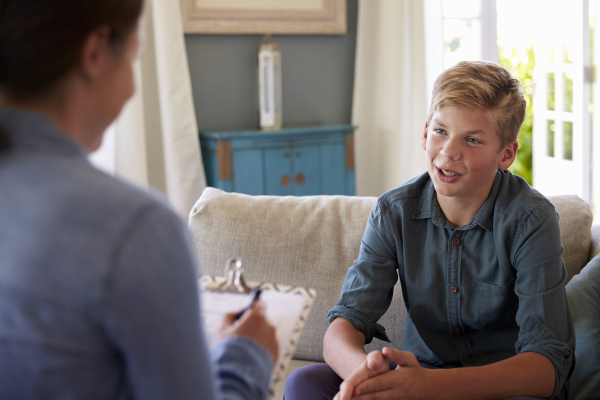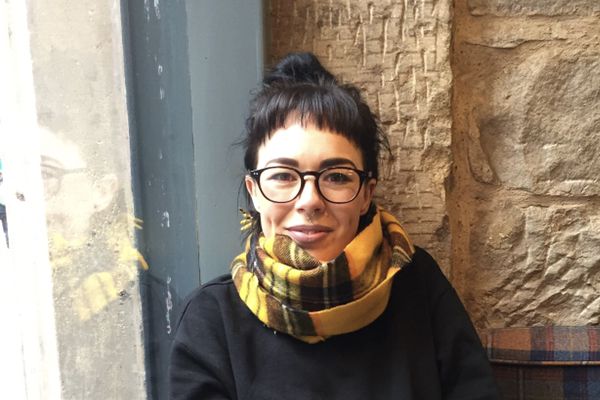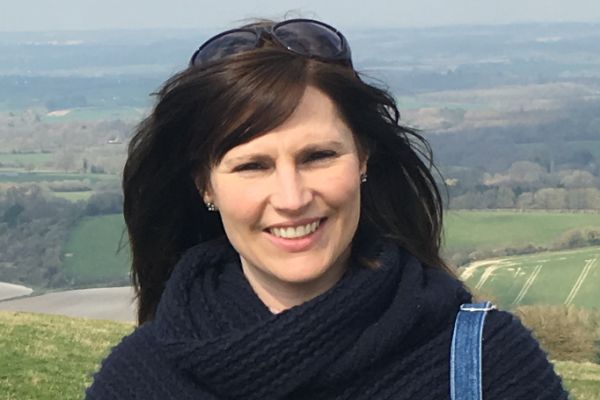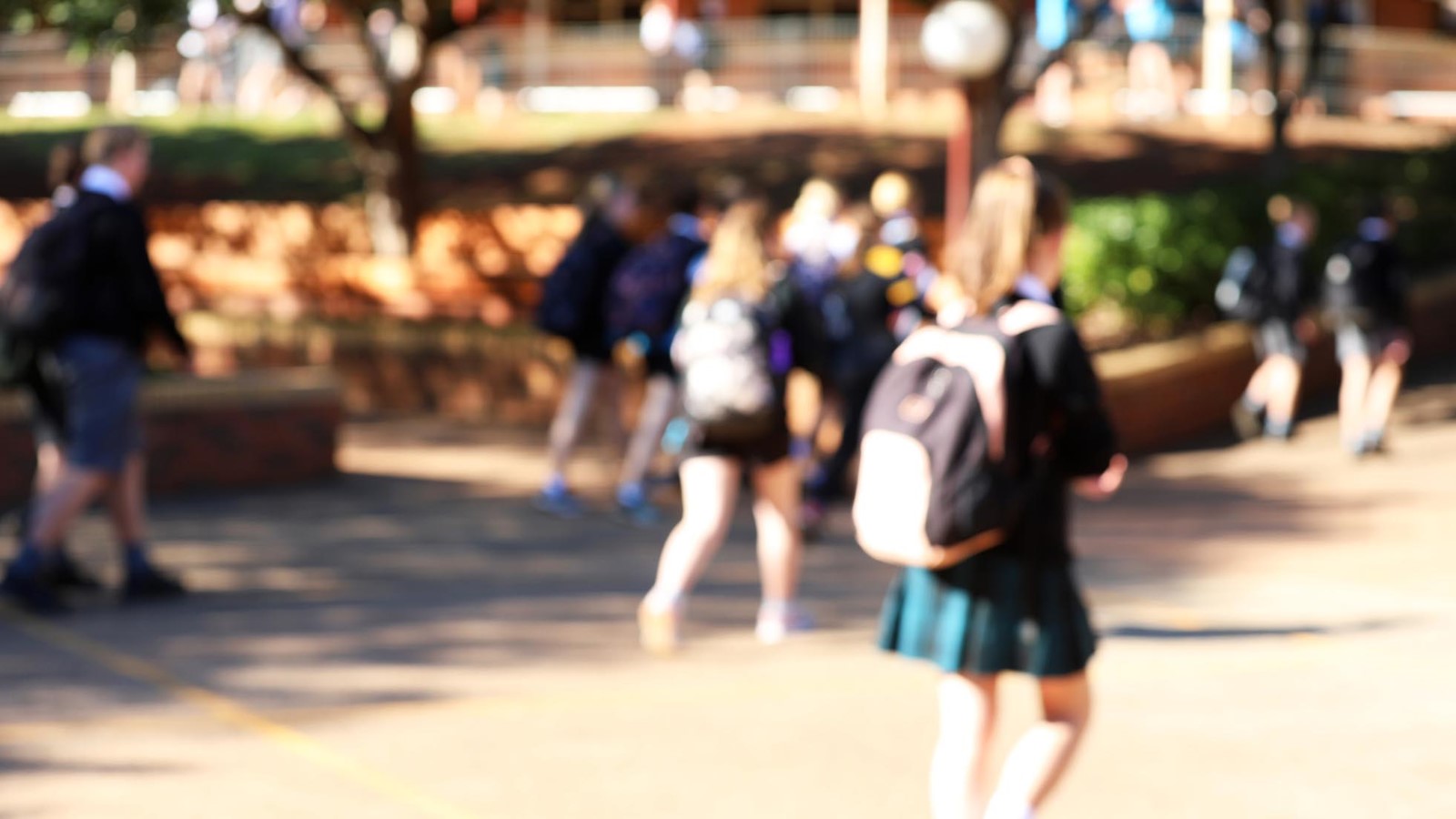“Hi Pete – thank you so much for supporting our daughter, Cynthia, for the last 18 months. Cynthia has found your sessions very helpful but we have now decided to seek professional mental health help….”
Aaaaaaaaaaaargh! Breathe Pete and go to your safe place! Much inner ranting, a brief glance into the world of my shadow self and I’m almost back on track, except I’m not because it’s happening too often.
I have worked in schools for over 18 years, set up a youth mentoring programme for bereaved young people and led a team of 12 and still I find myself somewhat frustrated by comments like the one that I described above.
I have good friends at CAMHS (Child and Adolescent Mental Health Services) who do an amazing job and they would love to have the freedom to work in such flexible ways as I am able to but where does this view come from that somewhere, over the rainbow, there is this magical place where all children and young people’s mental health problems are solved?
The government talk of Mental Health Support Teams (in England) saving the day, but in reality they are in few schools and will focus on low level issues. I worry schools will think this is the answer to their struggling school budgets and threaten the role of school counsellors. I worry that after Christmas I may not even have a job! But back now to reality…
I love my job – I am privileged to work in three secondary schools and one primary. I carry a caseload of approximately 30 children and young people and love the variety and complexities of the work. My opinion and advice are respected by teaching staff and opportunities arise to deliver training to whole school staff. The recent pandemic has meant that I have also been able to train several hundred youth and community workers to be able to understand the impact of loss.
If you work in school, you are in a unique position. You are not a teacher. You stand alongside them in supporting the students but the young people see you separate, which is a good thing.
You may be the one who picks up on why Alfie is suddenly withdrawn in class and his grades drop. You might be the only one who knows that Alfie’s parents are no longer together and that he hates his dad for abandoning the family. With the permission of our clients, we can work systemically and, in the case of Alfie, cut him some slack by informing the key people who need to know about what is happening at home. It can make such a difference.
You can’t change Alfie’s situation but you can help him process and provide that safe place to explore all the issues that are coming out in anger, frustration or anxiety elsewhere in his life. You can work with Alfie on coping mechanisms and having a toolbox for him to draw upon when he is struggling.
But many families and professionals still opt for that medical route to ‘recovery’. So be confident, connect with the team at CaMHS. Offer to complete referrals for parents and staff, if they are appropriate referrals. Save the staff time by telling them when a referral to CAMHS is just going to bounce back. For so many young people, it is the situations they are dealing with which causes them angst and worry, and counselling is well placed to explore these.
The ‘magic’ solution talked about by the government is not going to materialise overnight. I do hope that more trained NHS staff will be assigned to support schools and I do hope that we can work alongside each other, widening choice and support available to children and young people. No one size fits all.
What I think we need to shout about more though is that we are a trained and competent workforce who can work therapeutically with children and young people experiencing a full range of issues, many of whom will not need an ongoing referral to CAMHS but which will be more complex than what mental health support teams will work with. There is such a need for school counselling and it should sit alongside all the other support systems available in the school setting.
So, let’s continue doing the amazing job we do, listening to the many stories and struggles unfold, providing that safe space to explore dilemmas, set goals and work towards positive outcomes for those children and young people we are honoured to work with, or who are fortunate enough to have a counselling service in their school.
More about school counselling...

How you can support our school counselling campaign
Sue Pattison and Maggie Robson, joint Chairs of BACP Children, Young People and Families division, ask you to support our campaign for a paid counsellor in every secondary school, academy and FE college in England

Investing in school counsellors should no longer be a debate
Rachael Nevin-Lewis talks about her experience of being a 'pilot' school counsellor and how we need to invest in a longer term commitment.

Help children to thrive not just survive
Lisa Holley asks for counsellors to have the opportunity to be able to help children process and understand their changing lives
Views expressed in this article are the views of the writer and not necessarily the views of BACP. Publication does not imply endorsement of the writer’s views. Reasonable care has been taken to avoid errors but no liability will be accepted for any errors that may occur.
